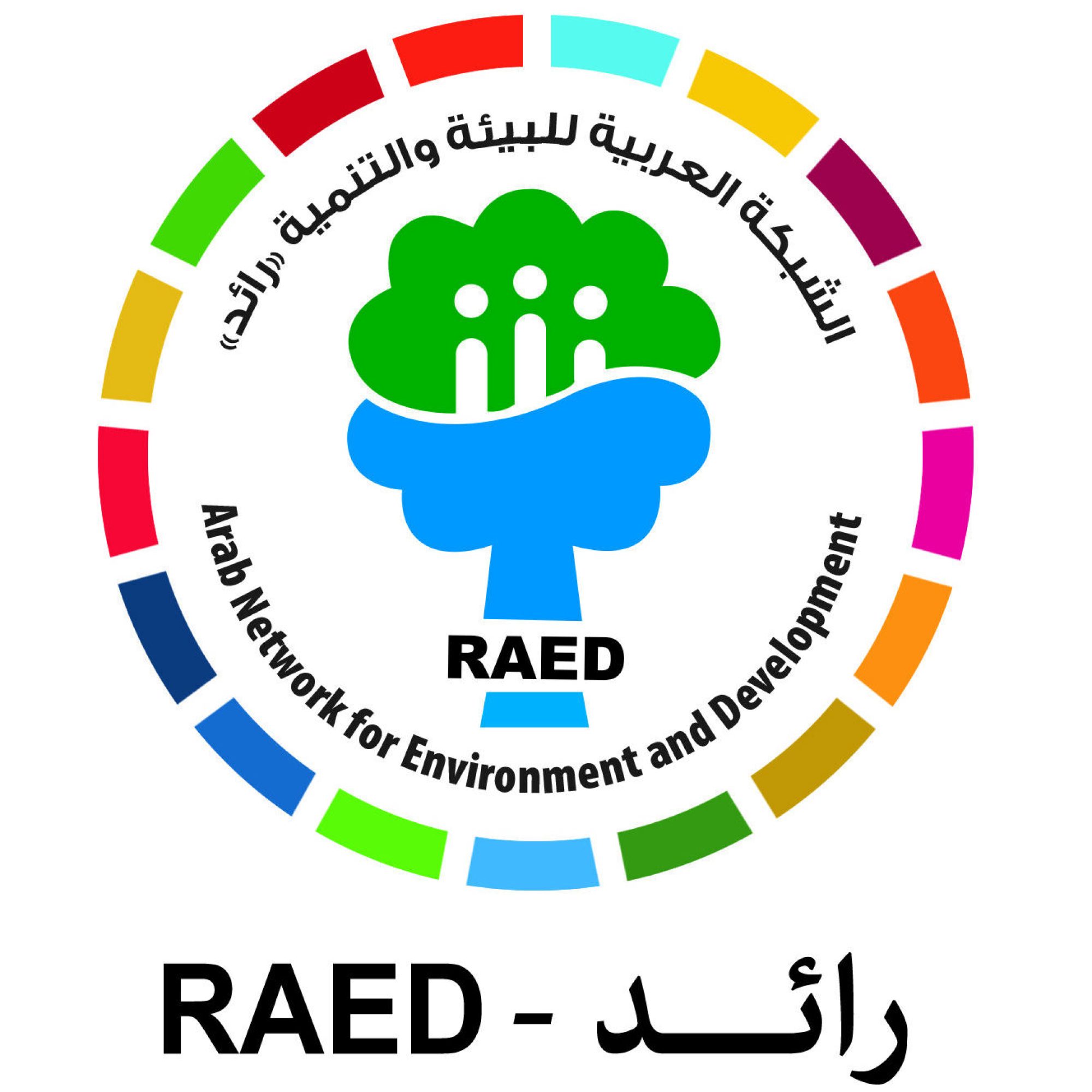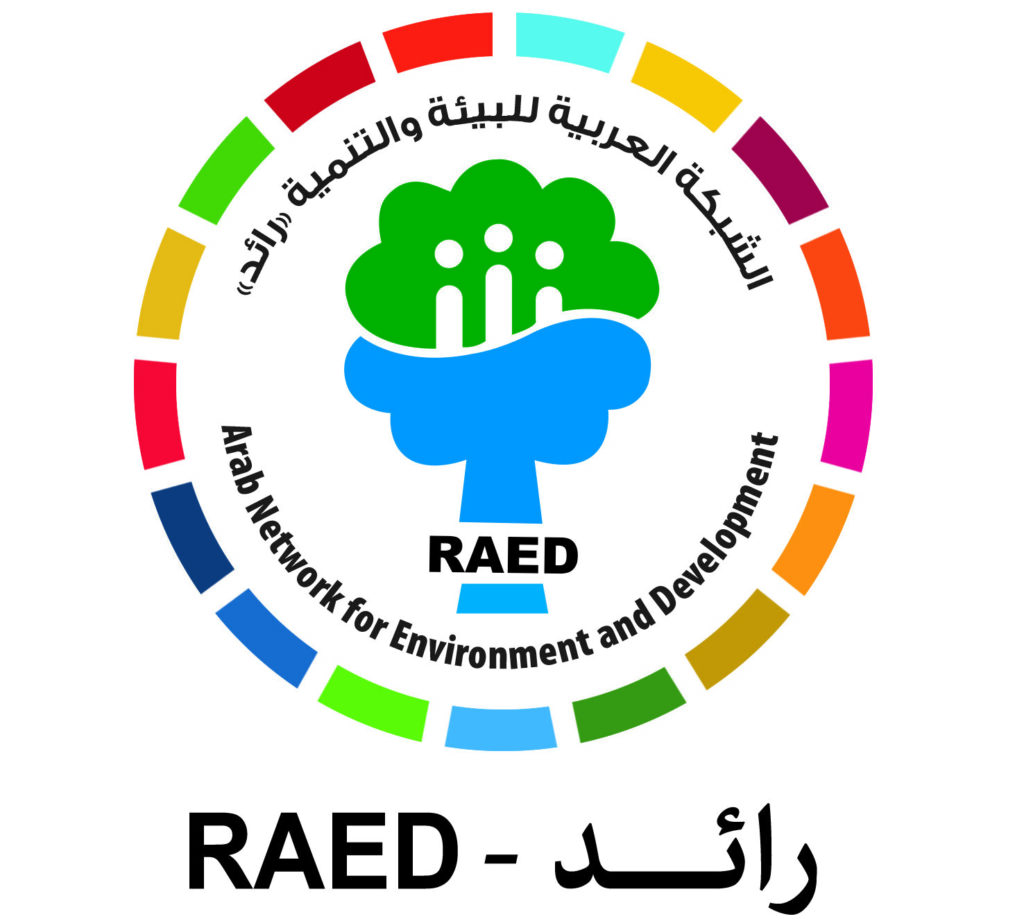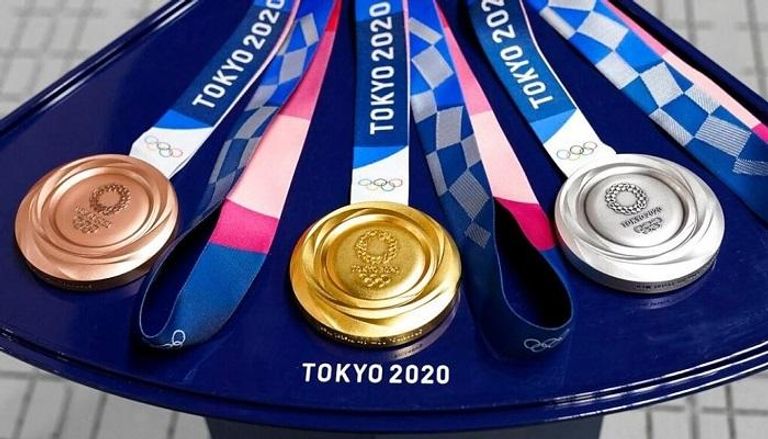Gold, silver and bronze with a Japanese touch… Tokyo Olympics medals from electronic waste
Over the course of many years, the name Japan has become synonymous with creativity and innovation, to the point that some call the Asian country “Planet Japan.” It has maintained its unique reputation in the world of innovations through a genius touch on the medals of the “Tokyo 2020” Olympic Games, which were held. During the months of July and August 2021, due to considerations imposed by the “Corona pandemic.”
In April 2017, nearly 4 years after it announced that it had won the right to organize the Olympic Games, the Tokyo Olympics Organizing Committee launched a call to all Japanese people to donate their electronic waste. It asked its citizens to donate old phones and laptops to the Olympics.
Thus, Japan was able to kill more than one bird with one stone, the first of which is the safe disposal of discarded electronic waste, and secondly, providing medals for the largest sports wedding in the world, as well as presenting to the world a new model of the great value that waste can represent, through recycling these devices. And extracting the precious metals it contains, until Japan was able to make medals for the Olympic Games it is hosting.
Despite the fact that electronic waste, and the batteries, wires, and other toxic components it contains, has become the fastest growing source of household waste in the world, electronic waste, despite its extreme toxicity and danger, is considered a neglected mine that hides gold and other precious metals, waiting to be discovered.
The invitation of the Tokyo Olympics Committee received a large response from the Japanese, whose donations amounted to about 6 million and 210 thousand old mobile phones. Many electronics stores and schools even donated their old electronic devices, as they placed their donations inside yellow boxes in post offices, or On the sides of some streets.
By recycling this large amount of electronic waste, the Olympic Games Organizing Committee obtained tens of kilograms of gold, hundreds of kilograms of silver, and thousands of kilograms of bronze, which are the materials used in making Olympic medals.
According to media reports from Agence France-Presse, the organizing committee was able to manufacture 4,000 gold, silver, and bronze medals, all of them from metals obtained from a large amount of electronic waste, amounting to about 79,000 tons of electronic devices, including phones. Laptops, video game consoles, and digital cameras.
While United Nations data indicate that the world’s production of electronic waste in 2016 amounted to an estimated 44.7 million tons, a number that is increasing at a rate ranging between 3 and 4% annually, the Japanese touch came to give the world a new glimmer of hope for the success of efforts to get rid of electronic waste. Especially since human addiction to electronics threatens to flood our societies with large quantities of devices that are no longer of any use, amid expectations that the volume of electronic waste expected this year 2021 may exceed 52 million tons.
In an attempt to explain the magnitude of this amount of electronic waste, the Emirati newspaper Al Ain described, in a report, the matter as being like a queue of giant trucks, including about one million and 230 thousand trucks, each with a load of 40 tons, lined up along two lanes of a road extending from Singapore. East to Paris in the west.
In addition to the severe danger that toxic electronic waste poses as a result of water and soil pollution, if it is not treated correctly, not making use of this waste also represents a waste of large quantities of natural raw materials, which many countries suffer from due to their shortage. Regarding this, Rüdiger Kerr said, An expert on electronic waste at the United Nations University, Japan is one of those countries that lacks natural resources, and has no other way to obtain these precious and rare materials, other than extracting them from waste.
This is not the first time that Olympic medals contain metals obtained from recycled electronic waste. At the Olympic Games in Rio de Janeiro, Brazil, in 2016, approximately 30% of the silver used came from waste mirrors, welding, and X-ray plates, and 40% from The copper used in bronze casting is from mint waste, and at the Vancouver Winter Olympics in 2010, a symbolic 1.5% of the medals were made from recycled materials, which were sourced from Belgium.
However, the Tokyo 2020 Olympics initiative is unique for two reasons: the first is because the medals are all made of 100% recycled materials, and the second is because they rely entirely on waste coming from Japan, the host country of the Olympic Games.
According to experts in electronic waste recycling, a gram of gold can be extracted from about 35 to 40 mobile phones, that is, one-sixth of the six grams that the International Olympic Committee requires that a single gold medal contain, and the rest is silver.


